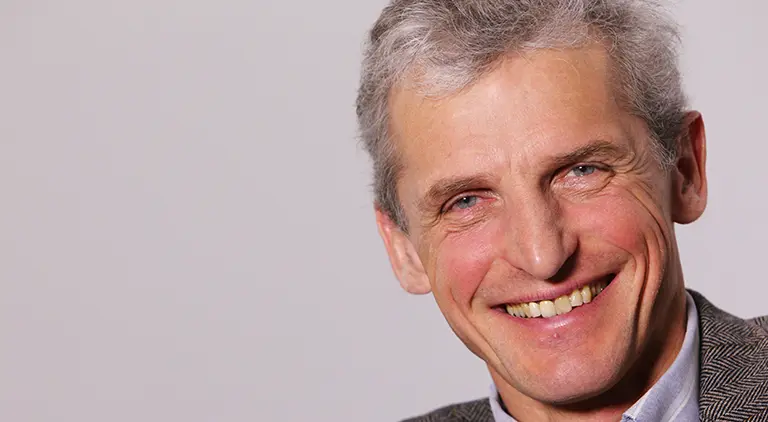Wolfgang Ketterle is a German physicist and professor of physics at the Massachusetts Institute of Technology.
Life and Career
Wolfgang Ketterle was born on 21 October 1957 (age 65 years), in Heidelberg, Germany. Ketterle pursued a remarkable academic career, earning his Ph.D. in 1986 from the Max Planck Institute for Quantum Optics in Munich. He later joined the Massachusetts Institute of Technology (MIT) in the United States, where he conducted pioneering research in laser cooling and trapping of atoms.
Throughout his life, Ketterle made significant contributions to the study of ultracold matter, leading to the creation of Bose-Einstein condensates in 1995. This achievement earned him the Nobel Prize in Physics in 2001, jointly with Eric Cornell and Carl Wieman. His work laid the foundation for exploring new phenomena in quantum physics and developing quantum technologies.
Ketterle’s career continued to flourish as he remained a professor at MIT, inspiring and mentoring numerous young scientists. His research expanded into areas like quantum gases and atom interferometry, where he explored novel ways to manipulate and understand quantum systems.
Award and Legacy
One of his most notable achievements was being awarded the Nobel Prize in Physics in 2001, which he shared with Eric Cornell and Carl Wieman. They were recognized for their pioneering work in creating and studying Bose-Einstein condensates, a groundbreaking state of matter at extremely low temperatures.
In addition to the Nobel Prize, Ketterle has received numerous other accolades, including the Benjamin Franklin Medal in Physics and the Gustav-Hertz Prize. His contributions to the field continue to inspire and educate future generations of physicists, and his legacy endures through ongoing research and advancements in the realm of ultracold atomic physics and quantum science.
Ketterle’s research has had a profound impact on the study of ultracold atoms and quantum phenomena. His work has opened up new frontiers in the exploration of quantum matter and has paved the way for the development of cutting-edge quantum technologies, such as atomic clocks and quantum sensors.
Ketterle’s legacy extends beyond his scientific achievements. He has been a dedicated educator, mentoring and inspiring countless students and researchers in the field of atomic physics. His contributions to scientific knowledge and his commitment to advancing our understanding of quantum systems continue to shape the future of physics and quantum technology, ensuring a lasting legacy in the world of science.

